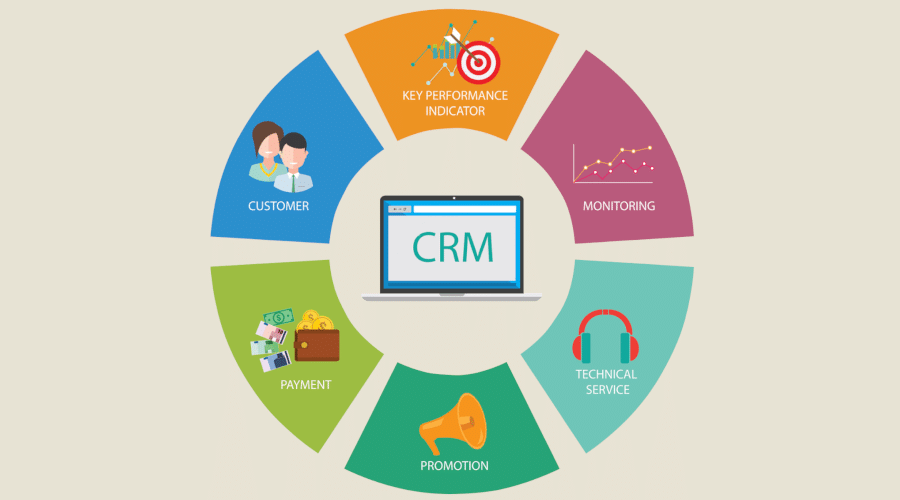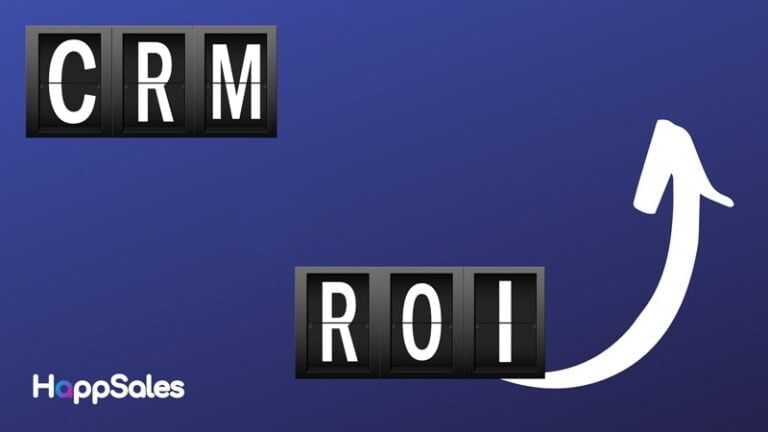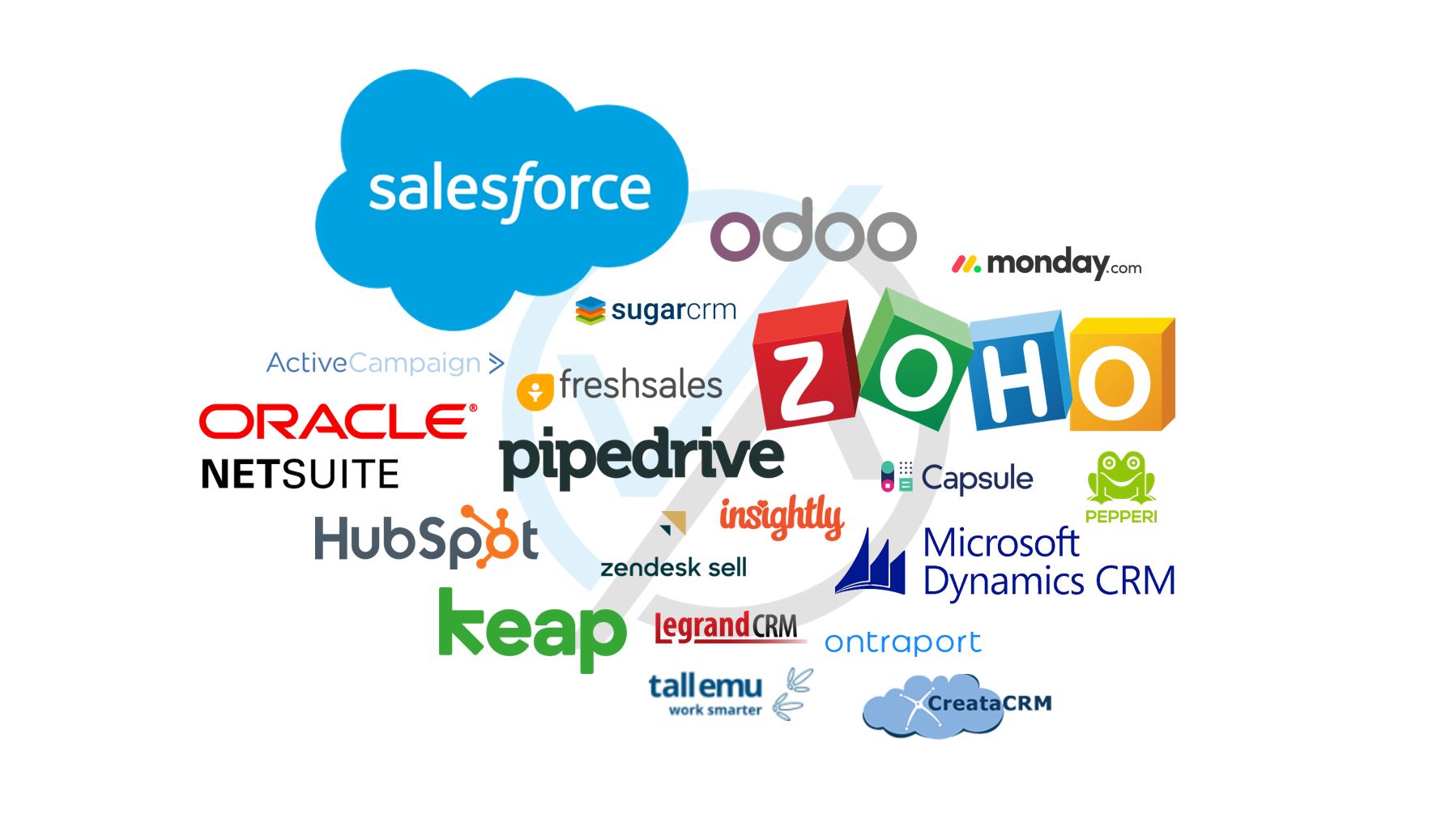
CRM Marketing Solutions: Your Roadmap to Customer-Centric Growth
In today’s hyper-competitive business landscape, simply having a great product or service isn’t enough. You need to understand your customers, anticipate their needs, and build lasting relationships. This is where Customer Relationship Management (CRM) marketing solutions come into play. They’re not just tools; they’re a strategic approach to fostering customer loyalty, driving revenue, and achieving sustainable business growth. This comprehensive guide delves into the world of CRM marketing solutions, exploring their benefits, functionalities, implementation strategies, and how to choose the right one for your business.
What are CRM Marketing Solutions?
At its core, a CRM marketing solution is a technology-driven system designed to manage and analyze customer interactions and data throughout the customer lifecycle. It’s more than just a database; it’s a central hub that consolidates customer information from various touchpoints, including websites, emails, social media, phone calls, and in-person interactions. This 360-degree view of the customer empowers businesses to personalize their marketing efforts, improve customer service, and ultimately, build stronger relationships.
Think of it as the nervous system of your customer interactions. It receives information, processes it, and sends out signals to various parts of your organization to ensure a coordinated and effective response. This includes marketing, sales, and customer service teams, all working in sync to deliver a seamless customer experience.
The Key Benefits of CRM Marketing Solutions
Implementing a CRM marketing solution offers a multitude of advantages that can significantly impact your bottom line. Here are some of the most compelling benefits:
- Improved Customer Understanding: CRM systems provide a centralized repository of customer data, allowing you to gain a deeper understanding of their preferences, behaviors, and needs. This insight enables you to segment your audience effectively and tailor your marketing messages accordingly.
- Enhanced Customer Engagement: By personalizing your interactions and delivering relevant content, you can significantly improve customer engagement. CRM systems allow you to automate marketing campaigns, send targeted emails, and provide proactive customer service.
- Increased Sales and Revenue: CRM solutions streamline the sales process, allowing your sales team to close deals faster and more efficiently. By tracking leads, managing opportunities, and automating follow-ups, you can boost your sales pipeline and drive revenue growth.
- Streamlined Marketing Campaigns: CRM systems integrate with marketing automation tools, enabling you to create and manage sophisticated marketing campaigns. You can track campaign performance, analyze results, and optimize your strategies for maximum impact.
- Improved Customer Service: CRM solutions provide a complete view of the customer’s history, enabling your customer service team to resolve issues quickly and efficiently. This leads to increased customer satisfaction and loyalty.
- Data-Driven Decision Making: CRM systems provide valuable data and analytics that can inform your business decisions. You can track key performance indicators (KPIs), identify trends, and make data-driven decisions to improve your marketing efforts and overall business performance.
- Increased Efficiency and Productivity: By automating tasks and streamlining workflows, CRM systems free up your team’s time to focus on more strategic initiatives. This leads to increased efficiency and productivity across your organization.
Key Features of CRM Marketing Solutions
CRM marketing solutions offer a wide range of features designed to support various aspects of your customer relationship management strategy. Here are some of the most important features to consider:
- Contact Management: This feature allows you to store and manage customer contact information, including names, addresses, phone numbers, email addresses, and social media profiles.
- Lead Management: CRM systems help you track and nurture leads throughout the sales funnel. You can capture lead information, score leads based on their behavior, and automate lead nurturing campaigns.
- Sales Force Automation (SFA): SFA features automate sales tasks, such as opportunity management, quote generation, and order processing. This helps your sales team close deals faster and more efficiently.
- Marketing Automation: CRM systems integrate with marketing automation tools, enabling you to create and manage email campaigns, social media campaigns, and other marketing initiatives.
- Customer Service and Support: CRM solutions provide tools for managing customer service inquiries, resolving issues, and providing proactive support.
- Reporting and Analytics: CRM systems offer a variety of reports and dashboards that allow you to track key performance indicators (KPIs), analyze trends, and make data-driven decisions.
- Workflow Automation: This feature allows you to automate repetitive tasks and streamline workflows, such as lead assignment, email follow-ups, and task notifications.
- Integration Capabilities: A good CRM system should integrate with other business applications, such as email marketing platforms, e-commerce platforms, and accounting software.
Choosing the Right CRM Marketing Solution for Your Business
Selecting the right CRM marketing solution is a crucial decision that can significantly impact your business’s success. Here’s a step-by-step guide to help you choose the perfect solution:
- Define Your Needs and Goals: Before you start evaluating different CRM systems, take the time to define your specific needs and goals. What do you want to achieve with a CRM solution? What are your key pain points? What features are essential for your business?
- Assess Your Budget: CRM solutions vary in price, from free and open-source options to enterprise-level platforms. Determine your budget and consider the total cost of ownership, including implementation costs, training costs, and ongoing maintenance fees.
- Evaluate Different CRM Systems: Research different CRM systems and compare their features, pricing, and reviews. Consider factors such as ease of use, scalability, integration capabilities, and customer support.
- Consider Your Industry: Some CRM systems are designed specifically for certain industries, such as healthcare, finance, or retail. Consider whether a specialized CRM solution would be a better fit for your business.
- Look for Scalability: Choose a CRM system that can scale with your business as it grows. Make sure the system can handle increasing data volumes and user numbers.
- Prioritize User Experience: The CRM system should be user-friendly and intuitive. If your team struggles to use the system, it won’t be effective.
- Ensure Integration Capabilities: The CRM system should integrate with other business applications, such as email marketing platforms, e-commerce platforms, and accounting software.
- Consider Security and Compliance: Ensure the CRM system has robust security features to protect your customer data. If you handle sensitive data, make sure the system complies with relevant regulations, such as GDPR or CCPA.
- Request Demos and Trials: Before making a final decision, request demos and trials of the CRM systems you’re considering. This will allow you to test the system and see if it meets your needs.
- Seek Expert Advice: If you’re unsure which CRM system is right for your business, seek expert advice from a CRM consultant or IT professional.
Popular CRM Marketing Solutions
The CRM market is vast, with numerous solutions available. Here’s a brief overview of some of the most popular options:
- Salesforce: A leading CRM platform offering a comprehensive suite of features for sales, marketing, and customer service. It’s highly customizable and suitable for businesses of all sizes.
- HubSpot CRM: A free and user-friendly CRM platform that’s ideal for small and medium-sized businesses. It offers a range of features, including contact management, lead tracking, and email marketing.
- Zoho CRM: A versatile CRM platform that offers a wide range of features at a competitive price. It’s suitable for businesses of all sizes and industries.
- Microsoft Dynamics 365: A comprehensive CRM and ERP platform that integrates seamlessly with other Microsoft products. It’s suitable for large enterprises.
- Pipedrive: A sales-focused CRM platform that’s designed to help sales teams manage their leads and close deals.
- Freshsales: A CRM platform that offers a range of features for sales and marketing teams. It’s known for its ease of use and affordability.
Implementing a CRM Marketing Solution: A Step-by-Step Guide
Once you’ve chosen your CRM solution, the next step is to implement it successfully. Here’s a step-by-step guide to help you with the implementation process:
- Plan and Prepare: Before you start implementing the CRM system, develop a detailed implementation plan. This plan should include your goals, timelines, budget, and the roles and responsibilities of your team members.
- Data Migration: Migrate your existing customer data into the CRM system. This may involve cleaning up your data, removing duplicates, and importing data from various sources.
- System Configuration: Configure the CRM system to meet your specific needs. This may involve customizing fields, creating workflows, and setting up integrations with other business applications.
- User Training: Train your team members on how to use the CRM system. Provide them with the necessary training and resources to ensure they can effectively use the system.
- Testing and Validation: Test the CRM system thoroughly to ensure it’s working correctly. Validate your data and workflows to identify and resolve any issues.
- Go Live: Once you’ve completed the testing and validation phase, you can go live with the CRM system.
- Ongoing Monitoring and Optimization: After you’ve implemented the CRM system, monitor its performance and optimize your processes. Regularly review your data, identify areas for improvement, and make necessary adjustments.
CRM Marketing and the Future of Customer Relationships
The future of CRM marketing is all about personalization, automation, and leveraging data to create exceptional customer experiences. Here are some key trends to watch:
- Artificial Intelligence (AI): AI is transforming CRM marketing by automating tasks, personalizing customer interactions, and providing valuable insights.
- Machine Learning (ML): ML algorithms can analyze customer data to predict behavior, identify trends, and optimize marketing campaigns.
- Mobile CRM: Mobile CRM solutions allow sales and marketing teams to access customer data and manage their activities on the go.
- Social CRM: Social CRM integrates social media data with CRM systems, allowing businesses to monitor social media conversations, engage with customers, and build brand awareness.
- Customer Data Platforms (CDPs): CDPs collect and unify customer data from various sources, providing a single view of the customer.
- Hyper-Personalization: CRM systems are enabling businesses to deliver hyper-personalized experiences to their customers, tailoring their messages and offers to individual preferences and behaviors.
As technology continues to evolve, CRM marketing solutions will become even more sophisticated, enabling businesses to build stronger customer relationships and achieve greater success. By embracing these trends and investing in the right CRM solution, you can position your business for long-term growth and success.
Measuring the Success of Your CRM Marketing Efforts
Implementing a CRM marketing solution is a significant investment, and it’s crucial to measure its effectiveness. Here are some key metrics to track:
- Customer Acquisition Cost (CAC): The cost of acquiring a new customer.
- Customer Lifetime Value (CLTV): The predicted revenue a customer will generate over their lifetime.
- Conversion Rates: The percentage of leads that convert into customers.
- Sales Revenue: The total revenue generated from sales.
- Customer Retention Rate: The percentage of customers who remain loyal over a period.
- Customer Satisfaction (CSAT): A measure of customer satisfaction with your products or services.
- Net Promoter Score (NPS): A measure of customer loyalty and willingness to recommend your business.
- Marketing ROI: The return on investment for your marketing campaigns.
By tracking these metrics, you can assess the impact of your CRM marketing efforts and make data-driven decisions to improve your strategies.
Conclusion: Embrace the Power of CRM Marketing
In conclusion, CRM marketing solutions are essential for businesses that want to thrive in today’s customer-centric world. They empower you to understand your customers, personalize your interactions, and build lasting relationships. By choosing the right CRM solution, implementing it effectively, and continuously monitoring its performance, you can transform your marketing efforts, drive revenue growth, and achieve sustainable business success. The journey of CRM marketing is ongoing, requiring continuous learning, adaptation, and a relentless focus on the customer. But the rewards—increased loyalty, higher revenue, and a stronger brand—are well worth the effort.




